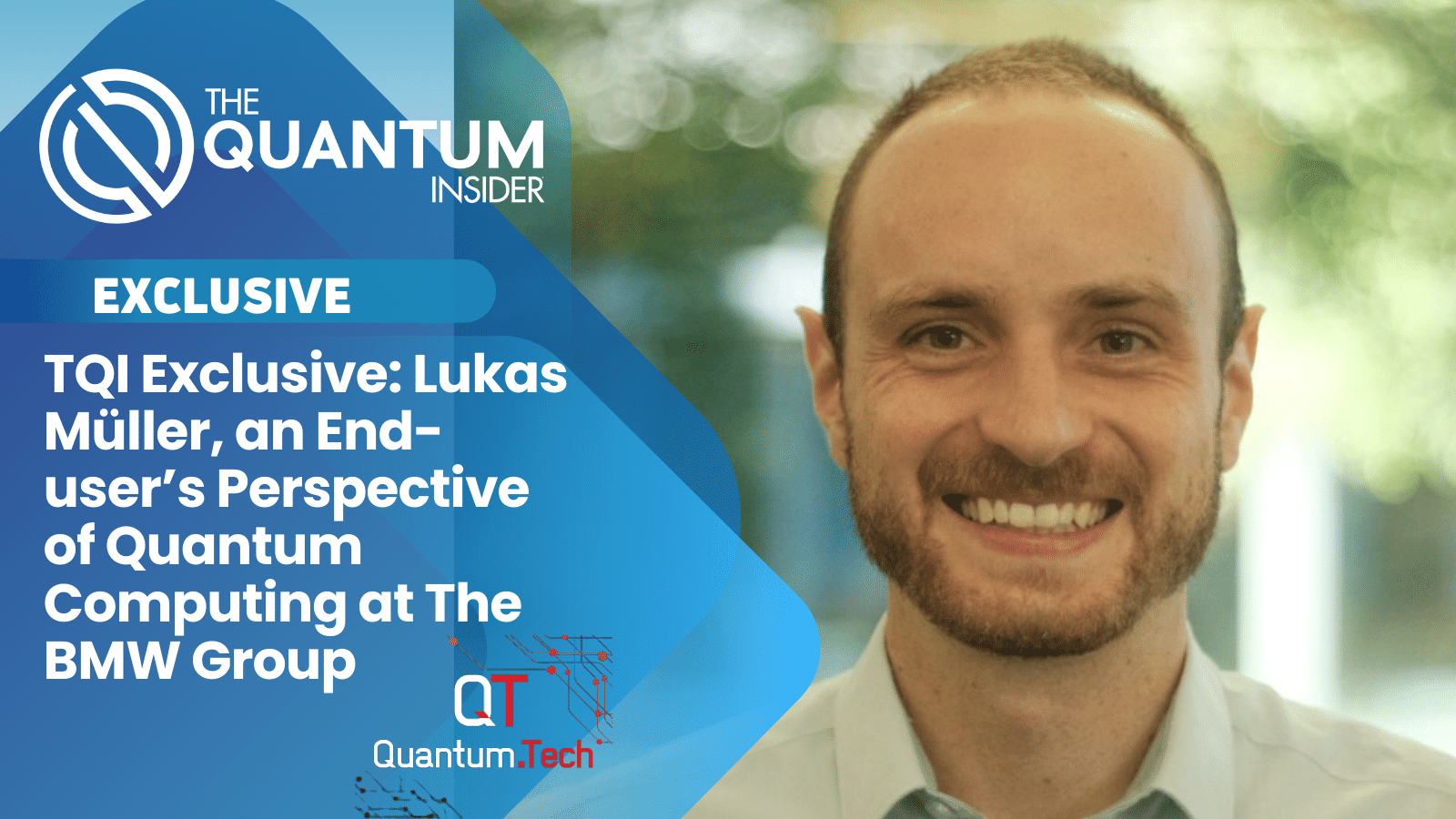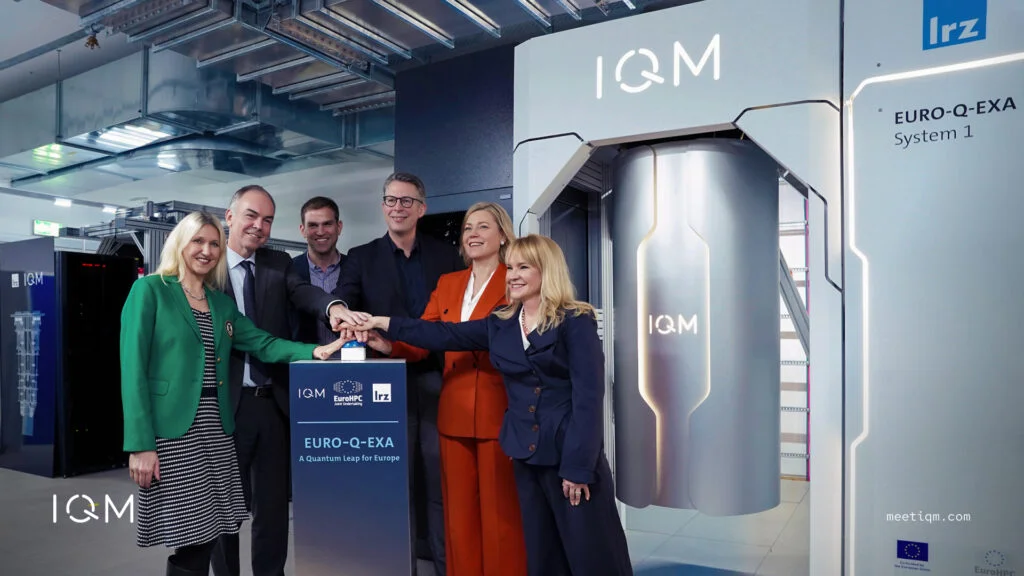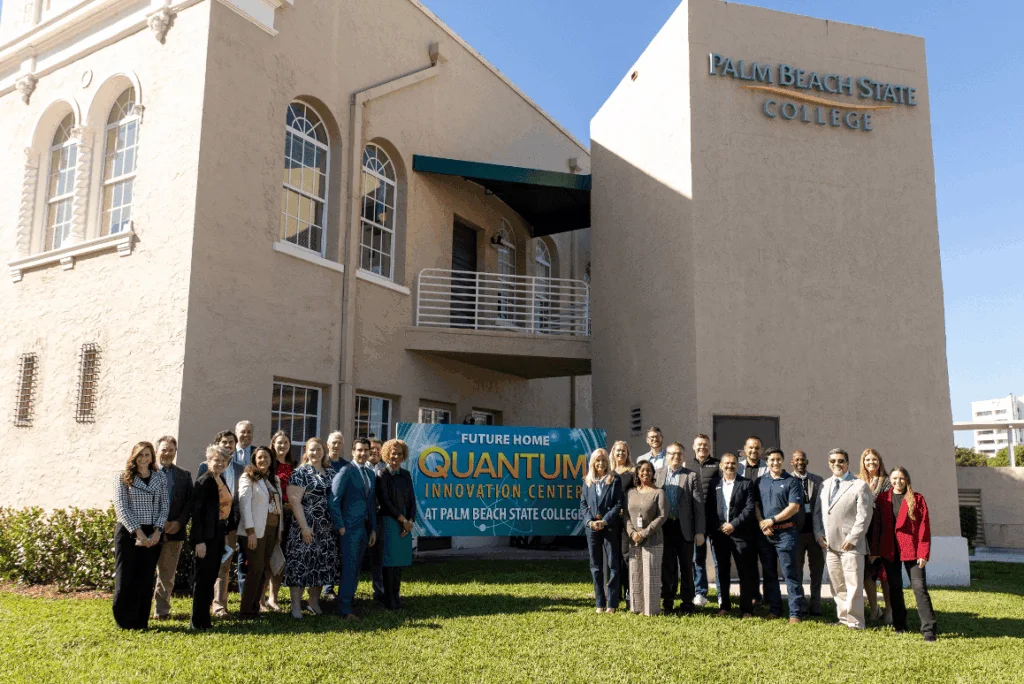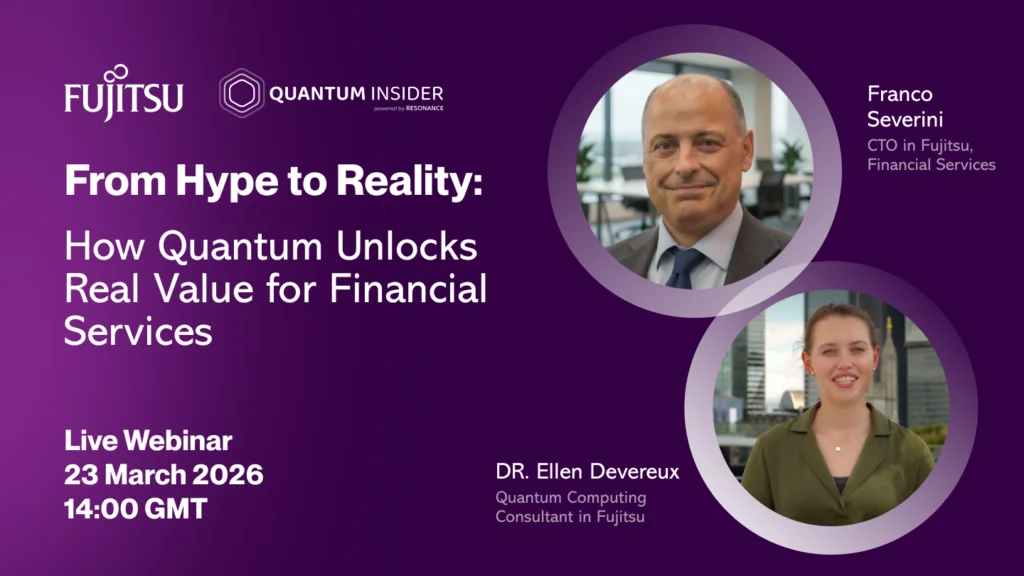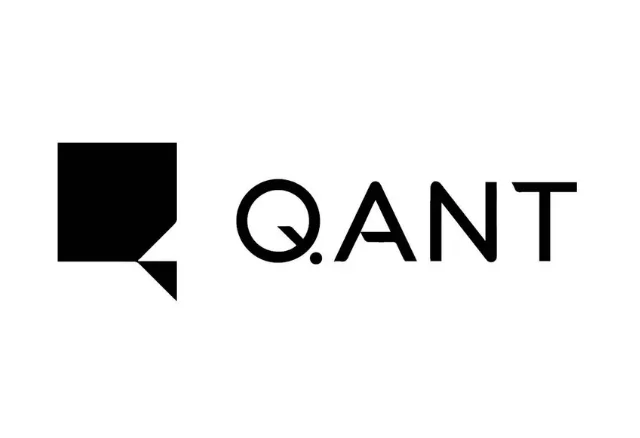End-user Perspective
Just like in other technologies, quantum computing (QC) is set to do transformational things for the automotive industry. With potential use cases that include improving route optimization thus reducing traffic congestion and advancing product development for batteries, quantum technology is getting many of the big players in this sector like Volkswagen and Ford excited.
So, when I heard that Lukas Müller, a Quantum Computing Engineer at the BMW Group, would be giving a talk at Quantum.Tech London on “An end-user’s perspective”, I knew it would be worth attending.
First a little background: this summer, the BMW Group organized the “Quantum Computing for Automotive Challenges” event along with the main sponsor Amazon Web Services Inc. (AWS), inviting the global quantum computing community to join this event where they harnessed the work being done between foundational and applied research and ultimately strengthening its ties with Munich Quantum Valley. At the event, fifteen finalists of the Quantum Computing for Automotive Challenge had the opportunity to present their ideas and solutions. These included QC startups like BosonQ Psi, ColibrITD, PasQal, QC Ware, and Quantum Computing Inc (QCI) — which solved an optimization problem with over 3,800 variables in six minutes. The BMW Group was proud of the fact all the submissions to the challenge were of the highest standard and deserved to be acknowledged by the larger ecosystem.
This and other activities are proof the BMW Group is serious about quantum to resolve some of the key challenges the automotive industry now faces.


Müller — a software engineer in quantum computing since 2019 with a focus not just on Quantum Computing but AI, Self-Sovereign Identities and Blockchain — is in the process of finding useful application areas and implementing proof of concepts for this novel technology.
As an end-user of quantum tech, Müller’s task was to show how The BMW Group is leveraging quantum physics to improve its commercial outcomes.
Fifty Candidates
Noting The BMW Group had first got involved with quantum in 2017, Müller announced fifty potential candidates that quantum will bring benefits in the future. These included, Müller said, ample choice for optimization, logistics, quantum chemistry, and material science.
“As we’re not quantum experts, we need partners for this,” said Müller. “These can range from very long-term research partnerships to things like industry collaborations.”
Müller then concentrated on what The BMW group was trying to achieve with these partnerships:
“We have three targets: engaging with the community, developing our use case portfolio and achieving benchmarks.”
Müller was clear on BMW’s wealth of use cases and how quantum could help his industry, mentioning his company’s Quantum Computing for Automotive Challenge and the use cases of ‘material deformation in production’, ‘sensor position optimization and ‘automated quality assessment’ that came from it.
Later, Müller talked about specific tasks that quantum computing was helping BMW on the factory floor, and how it was optimizing some of the tasks.
Robot Path Planning
“We have many tasks that are automated by robots,” Müller began, “and one is the special application of sealant foam to the vehicle body and the area where two metal parts are put together, to combat corrosion. This is quite complex, as there are multiple robots working together that are in different positions, making lots of configurations possible in the path planning.”
Müller then said BMW took this industry complication to robot path optimization and applied quantum computing to it, relating it to the travelling salesman problem.
In his quarter of an hour on the podium, the BMW software engineer gave the audience some obvious ways quantum computing is helping the automotive industry and taking the Munich, Germany-based multinational to a new technological epoch.
If you found this article to be informative, you can explore more current quantum news here, exclusives, interviews, and podcasts.

